Government shelling of north Syria kills 5, mostly children
Syrian government forces shelled a village in the country’s rebel-held northwest on Thursday, killing five people, most of them children, opposition activists said.
Syrian government forces shelled a village in the country’s rebel-held northwest on Thursday, killing five people, most of them children, opposition activists said.
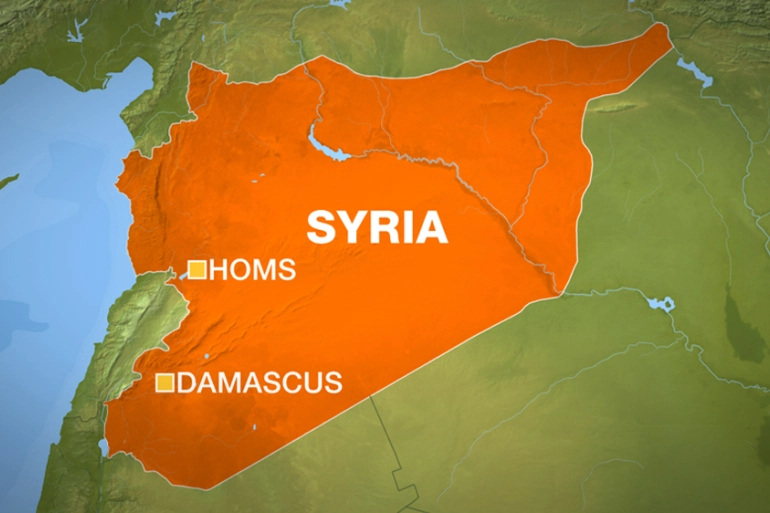
Air raids came after Lebanese media outlets had reported low-flying Israeli jets over Beirut.
Israeli air raids targeted the Damascus and Homs regions in Syria late on Thursday, official Syrian news agency SANA reported, saying that the country’s air defences intercepted several Israeli missiles.

President Tayyip Erdogan on Thursday urged European countries to take responsibility for migrants coming from Afghanistan, adding Turkey had no intention of becoming “Europe’s migrant storage unit” amid turmoil in the country after the Taliban’s takeover.
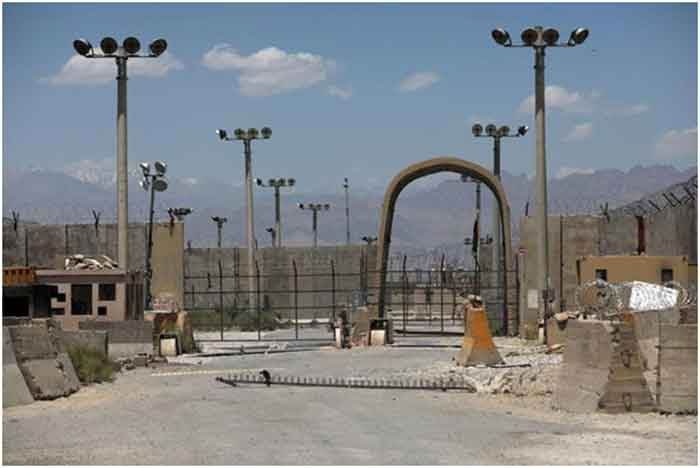
It was the spring of 2003 during the American-led invasion of Iraq. I was in second grade, living on a U.S. military base in Germany, attending one of the Pentagon’s many schools for families of servicemen stationed abroad. One Friday morning, my class was on the verge of an uproar. Gathered around our homeroom lunch menu, we were horrified to find that the golden, perfectly crisped French fries we adored had been replaced with something called “freedom fries.”
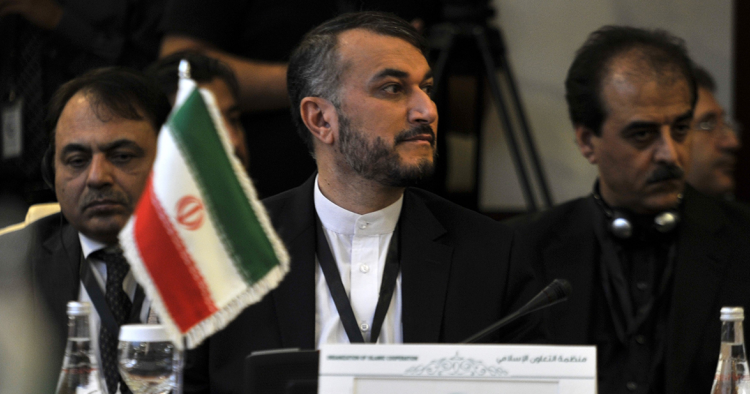
Due to his divergent views on Iran’s international and regional policies, Hossein Amirabdollahian had various disagreements with then-Foreign Minister Mohammad Javad Zarif while serving as deputy foreign minister beginning in 2011, and these ultimately led to his removal from the post in June 2016. The official reason announced for the change was Amirabdollahian’s appointment as Iran’s new ambassador to Oman, although he refused to accept the position.
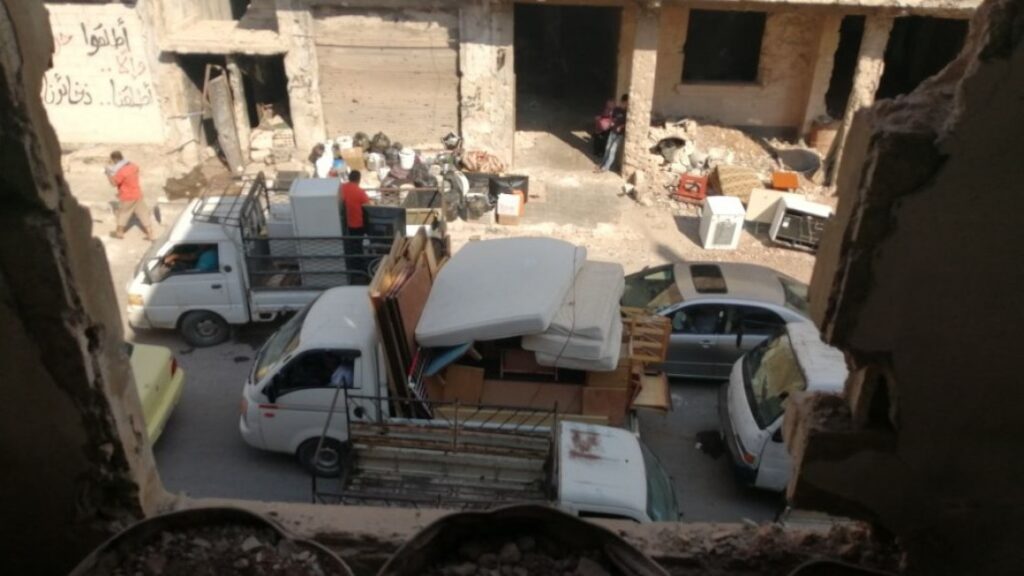
Syrian regime forces continued to violate a newly signed ceasefire agreement in the southern city of Daraa in the early hours of Monday morning, shelling several areas of the city as well as the towns of Yadouda and Tafas in Daraa province.
The “Free People of Houran” media activist group reported that rebels in the Daraa Al-Balad area of Daraa clashed with troops from the regime’s Fourth Division, which is led by President Bashar Al-Assad’s brother, Maher.
On August 15, 2021, forces of the Islamic Emirate of Afghanistan (the Afghan Taliban) advanced on the outskirts of the country’s capital of Kabul after conquering most of Afghanistan in the space of a week. Boeing CH-47 Chinook helicopters landed atop the U.S. Embassy in the capital to evacuate personnel to Kabul International Airport, as Afghans and foreigners scrambled to flee the country.
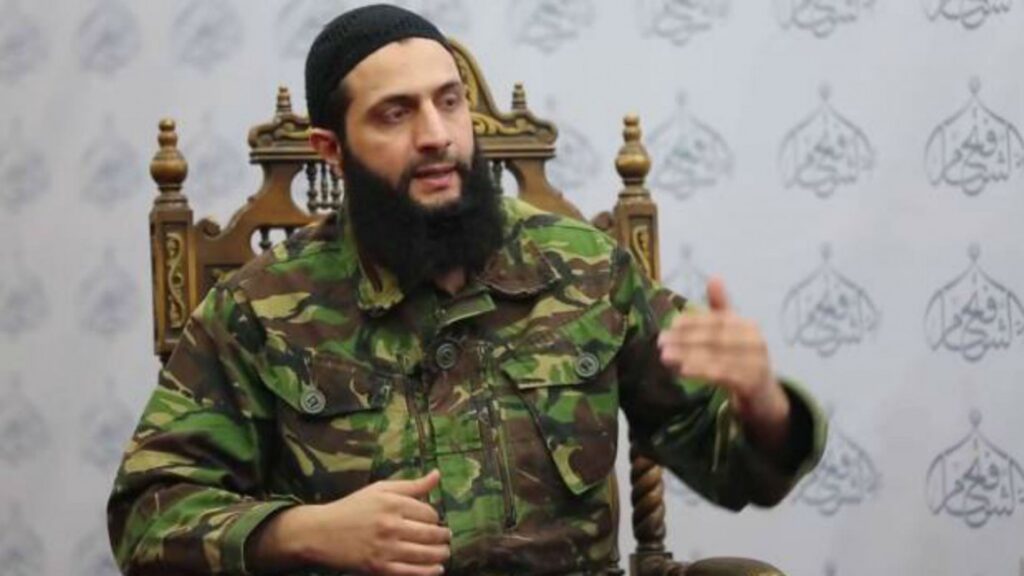
The leader of the hardline Islamist group HTS has said that his organisation should be allowed to enter Turkish-controlled areas of northern Syria and form a “unified administration” with Turkish-backed factions there.
The leader of the Syrian Islamist extremist group Hay’at Tahrir al-Sham (HTS) has said that his organization should enter areas controlled by Turkish-backed Syrian militias and form a “united administration”.

On Thursday, Syrian politicians said that the recent developments in the city of Daraa, south Syria, reveal political and military disputes between Iran and Russia which are settled by their proxies in the region.
Yesterday, cities, towns, and villages in Daraa witnessed a mass strike following a call by local activists to stand by the Daraa al-Balad and the Tariq al-Sad neighborhoods and the internally displaced people’s camps which have been besieged by the government forces and pro-Iranian militias for more than 47 days.
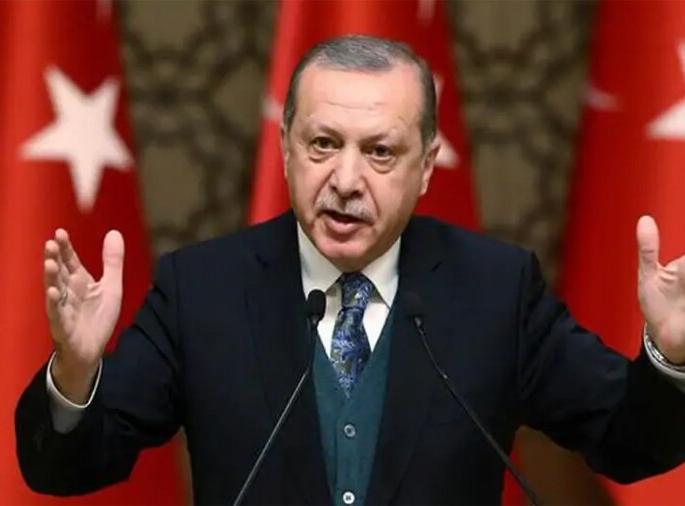
Turkey is planning to send Syrian Jihadists to fight in Kashmir, a Greek journalist has claimed. Andreas Mountzouralias has detailed the plans of Turkish President Erdogan in his report titled ‘Erdogan sends mercenaries to Kashmir’ on Pentapostagama.